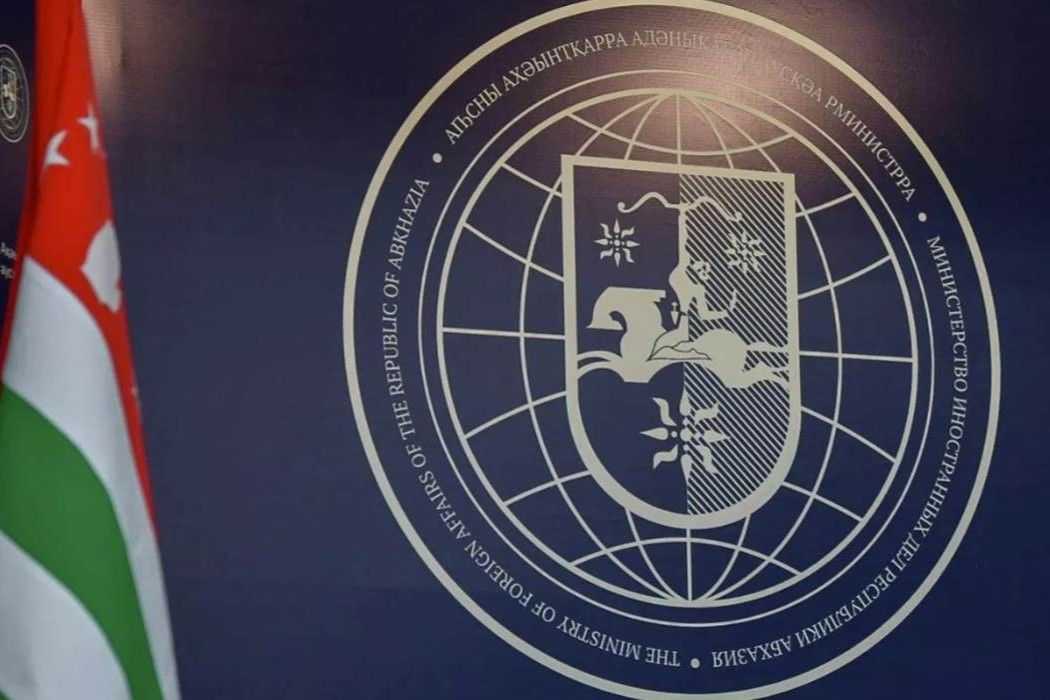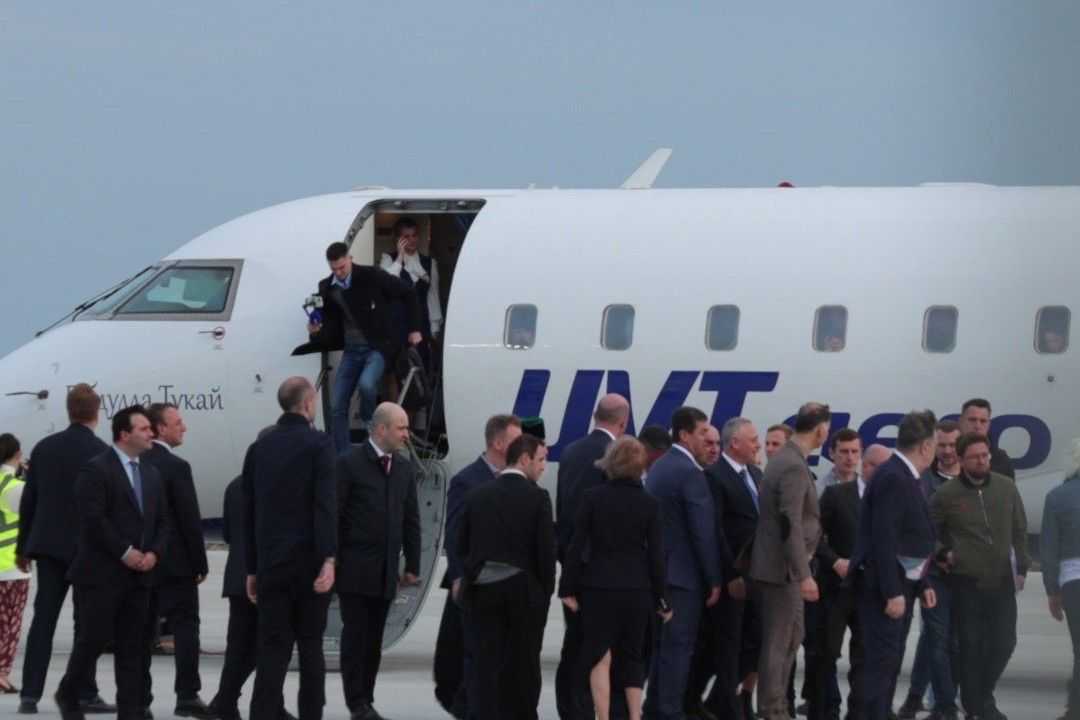
The authorities in Abkhazia have lifted a number of restrictions aimed at preventing the spread of COVID-19, citing a need to minimise the impact on the economy.
On Friday, cafes, restaurants, and gyms were allowed to reopen and inter-city public transport resumed. A number of other restrictions, including on educational institutions have been extended until 1 June.
Previous restrictions to be lifted included reopening agricultural markets and allowing public transports between settlements to operate three times a week since May.
The decision came as 14 new cases have been confirmed in Abkhazia following the return of hundreds of students from Russia.
Abkhazia’s anti-coronavirus taskforce confirmed COVID-19 was back with four new cases on 8 May, followed by several more diagnoses.
It followed a 10-day period of being ‘corona-free’, with the authorities reporting the recovery of the last of three patients previously diagnosed on 27 April. A 95-year-old woman died from the virus a day earlier while the third patient had previously recovered.
A quarantined hotel as a new ‘hotbed’
The local authorities explained the return of the virus to Abkhazia with the influx of 258 people from abroad, 218 of which were students sent home from military universities in Moscow, Ryazan, and Saint Petersburg.
The government placed the returnees in quarantine in the Aytar Hotel in Sukhumi (Sukhum).
According to Abkhazian Health Minister Tamaz Tsakhnakiya, the authorities are relocating those who test positive to the Central Hospital in Gudauta.
Abkhazia’s medical authorities, including Tsakhnakiya and Chief Medical Officer Lyudmila Skorik, admitted that self-isolation inside the quarantine area was not observed by some students.
Skorik said that this had triggered a new corona-hotbed.
Online newspaper Chegemskaya Pravda quoted one of the students on 8 May saying that they have been accommodated in pairs or in groups of three per room in Aytara.
The election factor
The first COVID-19 case in Abkhazia was confirmed on 7 April and the local authorities started gradually imposing preventive measures from early March.
The first to go were public events, banned on 12 March, followed by a list of separate restrictions imposed step-by-step which culminated in the announcement of a state of emergency on 28 March.
The measures came as Abkhazia saw a transition of power that brought an end to 11 months of political turmoil.
Most of the limitations were approved today by Aslan Bzhaniya, who won the 22 March presidential re-run, six days before a state of emergency was announced.
In a 6 May report, peacebuilding organisation the International Crisis Group (ICG) noted that the authorities were slow to impose social distancing and a state of emergency, both of which were introduced only after the vote.
[Read more on OC Media: Abkhazia, South Ossetia and Nagorno-Karabakh ‘vulnerable to COVID-19 pandemic’]
Russian tourists
On 13 May, Abkhazia’s law enforcement and security agencies denied ‘unaccounted’ Russian tourists ‘slipping through the state border’.
Fears that of an outbreak of the virus would in Abkhazia have led to increased attention towards controls over Abkahzaia’s borders since late February.
In late March, the main public focus was a situation in the eastern Gali (Gal) District, where a 53-year old woman who had reportedly returned to the region from Moscow through Sochi tested positive for coronavirus. The woman was then transferred to a hospital in Zugdidi, in Georgia’s Samegrelo Region, for treatment.
Valeriy Bganba, PM and then–Acting President, was quick to put Gali under quarantine.
In the following weeks, however, the focus shifted from Gali to three initial cases in Gagra District. In April and May, pressure mounted on the government to take action to prevent the virus from being brought to Abkhazia by tourists from Russia.
Some on social media criticised the government under Bganba for being hesitant to ban Russian citizens from entering Abkhazia.
On 25 March, Bganba tried to limit the number of people entering from Russia by banning ‘tourists’ from Russia.
For ease of reading, we choose not to use qualifiers such as ‘de facto’, ‘unrecognised’, or ‘partially recognised’ when discussing institutions or political positions within Abkhazia, Nagorno-Karabakh, and South Ossetia. This does not imply a position on their status.







